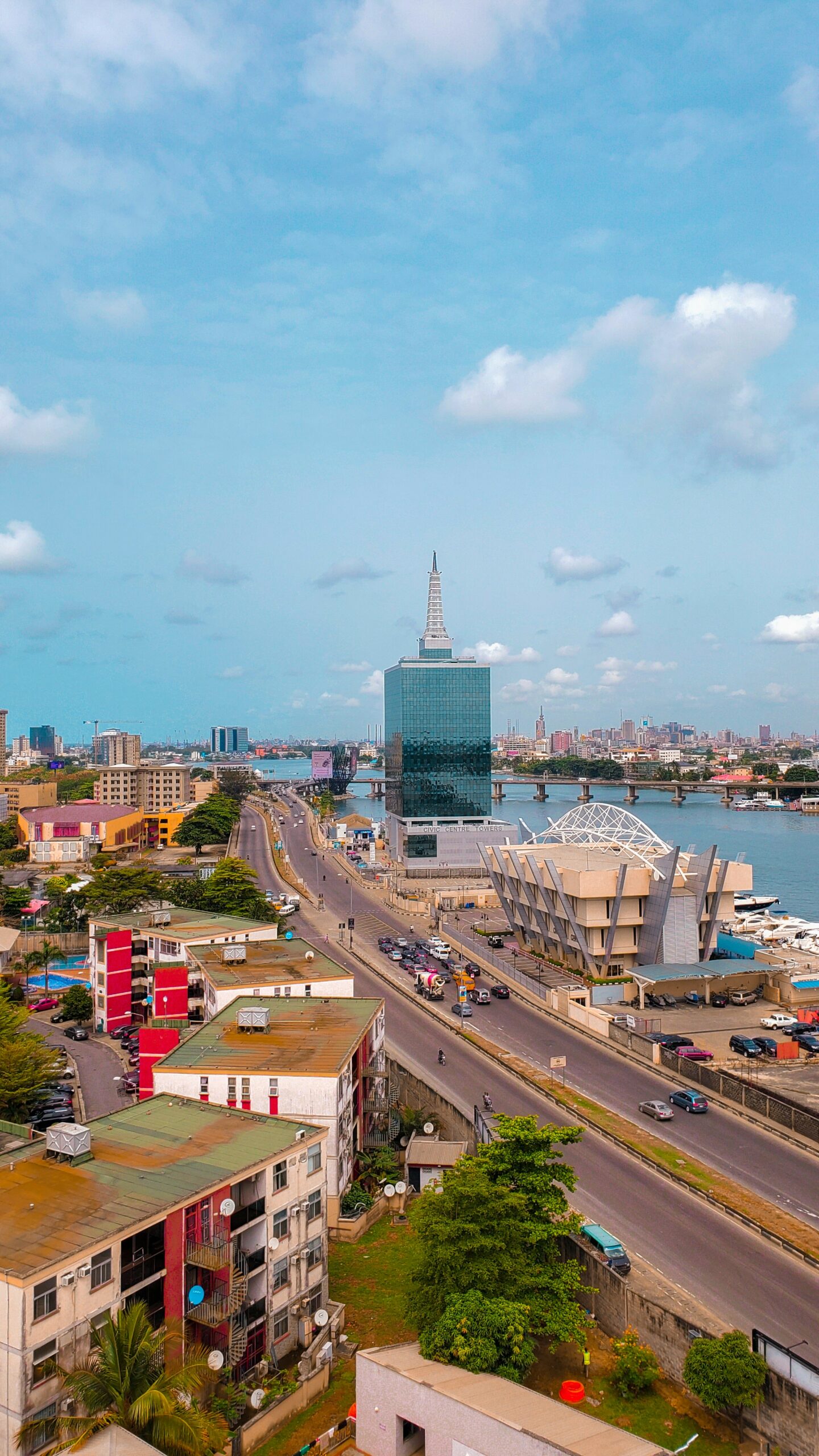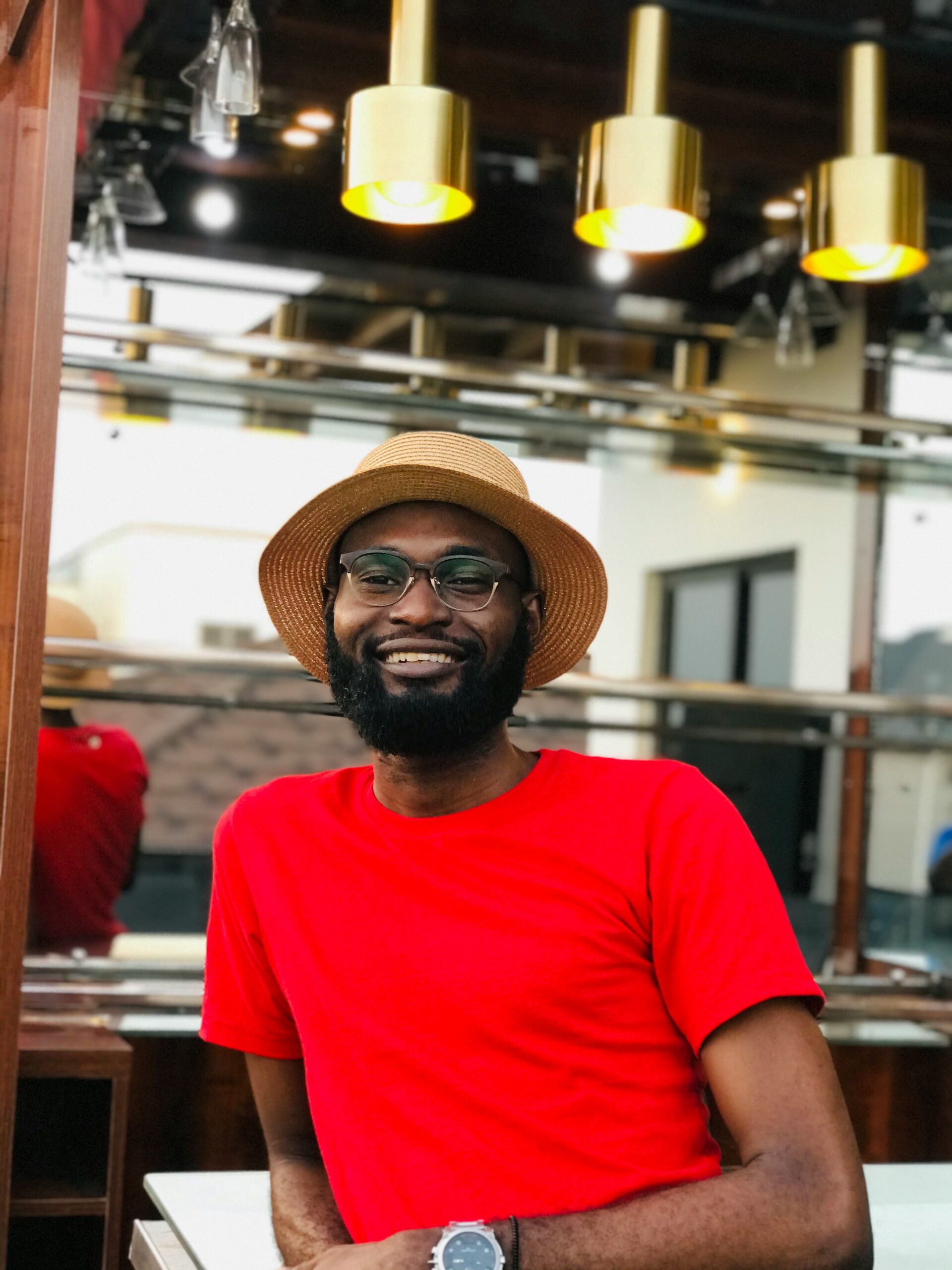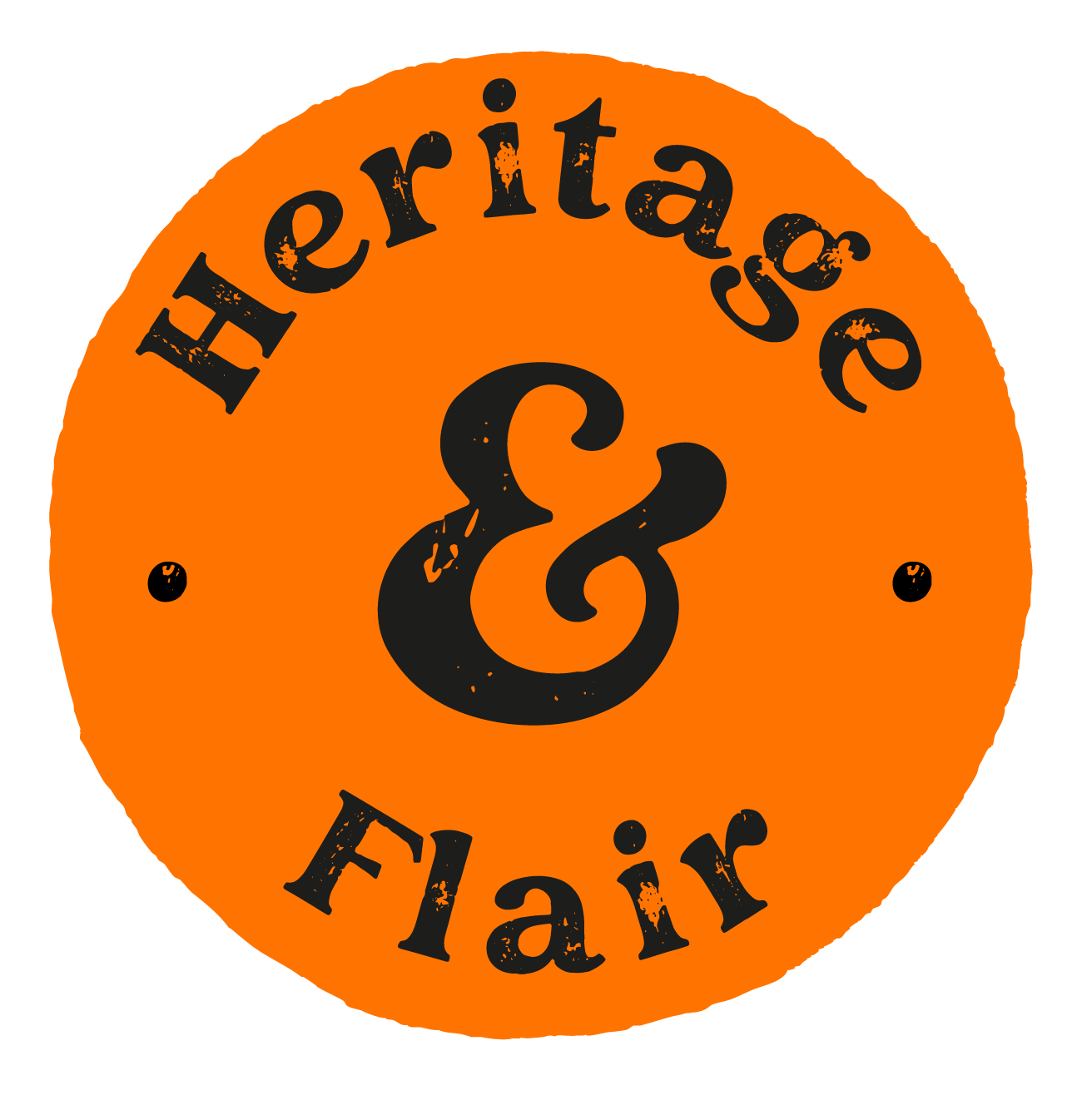
Photo by Nupo Deyon Daniel
Nigeria
Nigeria is located in West Africa and shares borders with Benin, Niger, Chad, and Cameroon. It has a coastline along the Gulf of Guinea to the south. Nigeria is the most populous country in Africa and the seventh-most populous country in the world.
Abuja is the capital city of Nigeria, designated in 1991 to replace Lagos as the capital. Lagos remains the largest city and the economic hub of Nigeria. English is the official language, inherited from British colonial rule. However, Nigeria is linguistically diverse, with over 500 ethnic groups, each with its own languages and dialects
Nigeria has a population of over 200 million people, making it the most populous country in Africa. The population is diverse, comprising numerous ethnic, cultural, and religious groups.
The country gained independence from British colonial rule on October 1, 1960 and later became a republic on October 1, 1963.
Nigeria operates as a federal republic with a presidential system of government. The President serves as both the head of state and head of government, and there are three tiers of government: federal, state, and local.
It has the largest economy in Africa, driven primarily by petroleum exports. The country is rich in natural resources, including oil, natural gas, coal, and minerals. However, Nigeria also faces economic challenges, including poverty, corruption, and income inequality.
Nigeria’s film industry, known as Nollywood, is the second-largest film industry in the world in terms of output, surpassing Hollywood by the number of films produced annually. Nollywood movies are popular across Africa and the diaspora.
Nigeria also has a vibrant music and entertainment industry, with genres like Afrobeats gaining international recognition. Nigerian musicians, such as Fela Kuti, Wizkid, Burna Boy, and Davido, have achieved global fame.
Nigeria is religiously diverse, with Islam and Christianity being the two dominant religions. There are also indigenous African religions practiced by some communities, and religious tolerance is generally observed.
Nigeria is home to a rich blend of cultures, traditions, and festivals. Each ethnic group has its own cultural practices, languages, cuisines, and festivals, contributing to Nigeria’s cultural diversity.
Hidden Insights: Uncovering Nigeria
1. Ngwo Pine Forest and Waterfall: Situated near Enugu in southeastern Nigeria, the Ngwo Pine Forest is a serene and picturesque destination. Visitors can explore the lush forest trails and enjoy the stunning Ngwo Waterfall cascading over rocky cliffs.
2. Emotan Statue: In the heart of Benin City, Edo State, stands the Emotan Statue, a tribute to a legendary heroine of the Benin Kingdom. Emotan is revered for her acts of kindness and is celebrated as a symbol of resilience and community spirit.
3. Tarkwa Bay Beach: Accessible only by boat from Lagos, Tarkwa Bay Beach is a secluded stretch of coastline with calm waters and golden sands. It’s a hidden gem away from the hustle and bustle of the city, perfect for swimming, sunbathing, and water sports.
4. Gashaki-Gumpti National Park: Situated in Taraba State, Gashaki-Gumpti National Park is Nigeria’s largest national park, known for its diverse wildlife and rugged terrain. Visitors can spot rare species such as chimpanzees, elephants, and the critically endangered Nigeria-Cameroon chimpanzee.

Photo by Dominic Uzoanya

Photo by Emmanuel Chilaka-
Capital City: Abuja
Population: 230,842,743 (2023 est.)
Nationality: Nigerian(s)
Location: Western Africa, bordering the Gulf of Guinea, between Benin and Cameroon
Languages: English (official), Hausa, Yoruba, Igbo (Ibo), Fulani, over 500 additional indigenous languages
Religion: Muslim 53.5%, Roman Catholic 10.6%, other Christian 35.3%, other 0.6% (2018 est.)
Area Total: 923,768 sq km
Nigeria Embassy/High Commission in UK
Address: 9 Northumberland Ave, London WC2N 5BX
Website: www.nigeriahc.org.uk
Nelson Mandela: Troublemaker
Nelson Rolihlahla Mandela, affectionately known by his clan name Madiba, was a statesman remembered as a beacon of hope, resilience, and unwavering commitment to justice with a legacy of peace and reconciliation. Mandela was born on the 18th of July 1918, into the...
Breaking Stereotypes: Africa is Not A Country
In the global narrative, Africa often falls victim to a pervasive stereotype - that of being a single, homogeneous entity. However, the truth is far richer and more complex. Africa is not a country; it is a vast and diverse continent, home to a multitude of nations,...
Africa’s Riches: The Largest Reserves of Cobalt, Diamonds, Platinum and Uranium
Beneath the expansive landscapes of Africa lie treasures that have shaped economies, industries, and global markets. The continent is home to some of the world's most significant reserves of cobalt, diamonds, platinum and uranium, contributing not only to its own...
